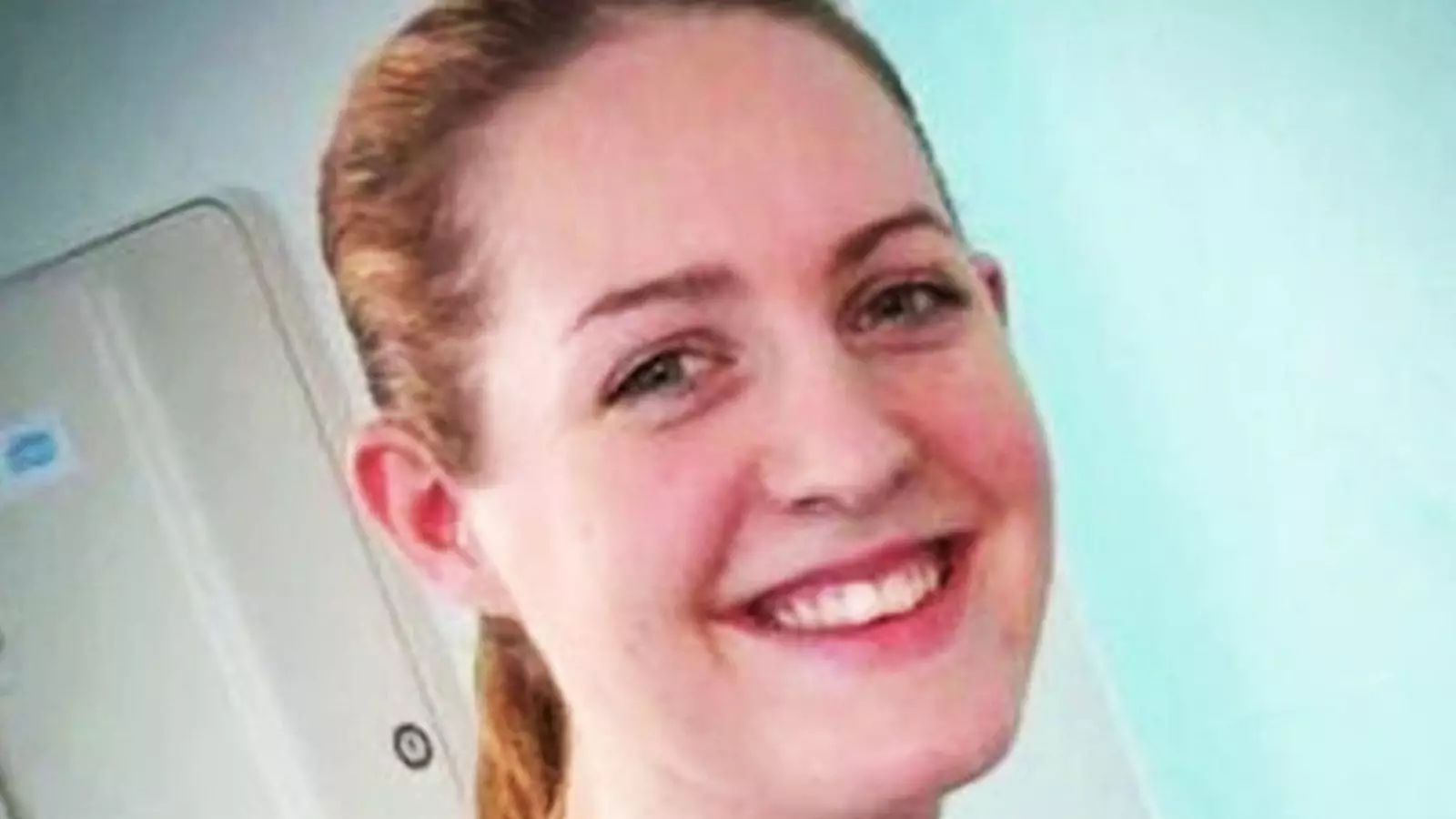The case of Lucy Letby, a neonatal nurse convicted of the horrific murders of vulnerable infants, remains one of the most profound tragedies in contemporary medical history. As the Thirlwall Inquiry delves into the abhorrent circumstances surrounding Letby’s actions, revelations continue to surface, shedding light on systemic failures within the healthcare establishment. A particularly striking moment during these hearings came when Tony Chambers, the former chief executive of the Countess of Chester Hospital, detailed how Lucy’s father issued threats during a crucial meeting concerning the alarming allegations against his daughter. This incident not only illustrates the emotional turmoil engulfing families involved but also highlights the grave vulnerabilities that can exist within hospital management, especially when faced with distressing accusations.
During the inquiry, Mr. Chambers recounted a troubling episode from December 2016, where Mr. Letby’s anger erupted, leading to threats that added pressure to an already strained investigation. Such emotional outbursts can complicate already sensitive situations, creating an environment ripe for miscommunication and misinformation. The inquiry raises significant questions: How can hospital leadership effectively manage not just staff but also the emotional fallout from families? In Mr. Chambers’ own words, with threats of violence directed at him, tensions escalated into a dangerous territory, affecting the hospital’s capacity to act decisively on early warnings regarding Letby.
Furthermore, Mr. Chambers’ apologetic stance towards the victims’ families illustrates the profound regret felt within the trust. He readily admitted that the systems in place, which ultimately allowed Letby to continue her work, were egregiously flawed. The painful acceptance of failing to identify harmful patterns early on presents a critical lesson: accountability does not solely rest on individuals but rather exposes systemic vulnerabilities that require collective reform.
Institutional Failures and Family Relations
The testimony from Mr. Chambers reveals a chilling reality about the neglect faced by those relying on the healthcare system. While he acknowledged shortcomings in the trust’s operations and vowed to reflect seriously on these failures, he maintained that the issue was not solely a personal one. Indeed, many “missed opportunities” contributed to a toxic climate that allowed Letby’s crimes to go unchecked for too long. The inquiries are delving into whether existing systems correctly supported professionals who raised red flags and whether there were sufficient channels for families to voice concerns and be heard.
Additionally, Mr. Chambers showed awareness that improved communication with the families directly affected by Letby’s actions could have catalyzed a more effective response. This presents a sobering reflection on the dynamics of hospital relations—it is critical for institutions to view families as allies in care rather than obstacles. Listening to their concerns can create a culture of safety and vigilance around patient well-being.
The testimonies gathered at the Thirlwall Inquiry, including those from Letby’s former superiors like Alison Kelly, reveal a leadership landscape grappling with excessive hindsight. While Kelly noted her best intentions in managing concerns about Letby, the question remains: why were these intentions unable to affect tangible change? A disconnection between intentions and actions often underscores crises, particularly in healthcare settings where the stakes are lives.
As the inquiry unfolds, it underscores the need for a robust framework governing how medical professionals can communicate their worries without fear of reprisal and how institutions must prioritize their patients’ safety over administrative concerns.
The case of Lucy Letby serves as a painful reminder of the complexities existing within healthcare systems. The interplay of personal elements—such as familial emotions—and institutional pressures paints a convoluted picture that calls for meticulous examination. The Trust’s failures are not solely attributable to individual actions; they necessitate a comprehensive reassessment of protocols. It is imperative that the ongoing inquiry leads to reforms that foster transparency, open communication, and, crucially, renewed commitment to patient safety—ensuring such horrific incidents are never witnessed again.

